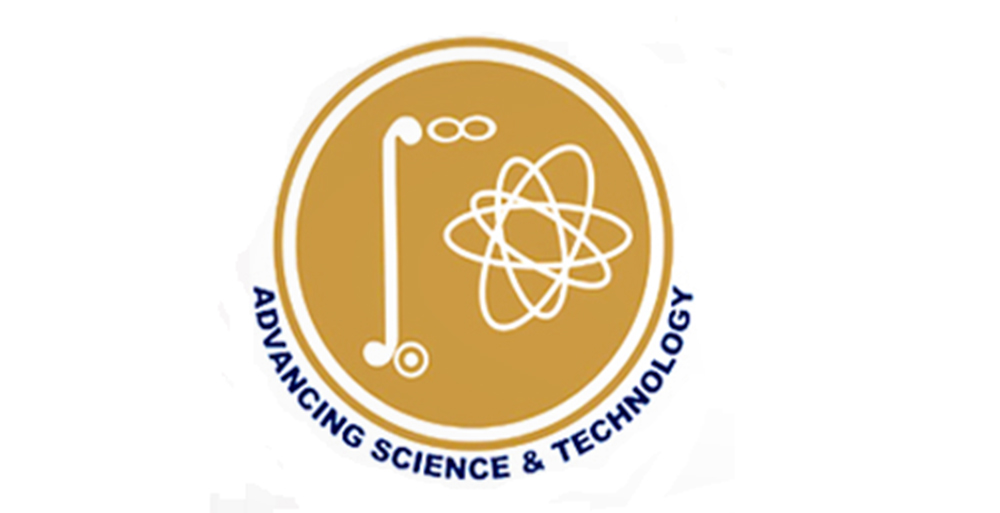Scientists across the country have converged at the Kwame Nkrumah University of Science and Technology (KNUST) at the 16th Biennial Workshop of the Ghana Science Association held under the theme: “Combating Pests Through Climate Smart Agriculture”. The Biennial Workshop saw participants discuss topics on climate change and climate smart agriculture, pests and diseases control as well as showcase their research works at an exhibition session.
Opening the Workshop, Professor Robert Clement Abaidoo, Head of the Office of Grants and Research, noted that the theme is crucial as Ghana is presently faced with challenges of climate change which influences various agricultural pests such as the fall army worms that cause crop damage, low food production or crop loss.
He continued that climate-smart agriculture calls for pests’ management that controls farm pests and diseases in a way that does not negatively affect ecosystem services and human health. The workshop therefore is in line with national development plan which emphasises science, technology, innovation as the drivers towards that vision and Ghana as an agricultural country will benefit from the Workshop immensely from the output of the workshop and future collaborative research works as applicable to improve lives by solving problems in agriculture and the environment.
According to Professor Abaidoo, to support development-oriented policy and practice and the improvement of livelihoods, it has become increasingly important to ensure that research findings and new knowledge is disseminated strategically to ensure that these are utilised by stakeholders and the community especially at farmer levels. He therefore reiterated his call for research dissemination and to push for deliberations at the workshop to advice policy makers.
In a speech read on his behalf, Dr. Matthew Opoku Prempeh, Minister of Education, called for more sponsorship support and partnerships to help members of the GSA sustain the workshop and to showcase more of new research and technologies and to carry out research activities in areas of national concern.
Representing the Minister of Food and Agriculture, Dr. Mrs. Felicia Ansah-Amprofi, Director, Plant Protection and Regulatory Services Directorate of the Ministry of Food and Agriculture (MoFA), stated that Ghana is experiencing extreme climate events which are disproportionately affecting agriculture and subsequently rural livelihoods. She further said government is therefore acting to address climatic threats, but scientific tools are needed to assess the impact of policies and interventions aiming to decrease the impacts of climate change on agriculture. Science and technology, therefore is needed to develop these tools, she added.
Dr. Mrs. Amprofi-Ansah further explained that small scale farmers are vulnerable to weather variability, which can occur both between seasons and within a season. She further said the country’s agriculture is mainly rain fed hence, farmers are particularly vulnerable to rainfall variability. “Farmers in Ghana rely on traditional “coping” strategies that have evolved over generations through long experience of natural variations, combined with their specific responses to the season as it unfolds”. We call on our scientists to develop coping strategies that are location-specific and climate-smart for small holders, Mrs. Ansah-Amprofi added.
She enumerated some of the interventions of government in the area under discussion such as the National Climate-Smart Agriculture and Food Security Action Plan 2016-2020 produced under the guidance of the National Climate Change Committee. She called for a shift to capacity building at all levels for observations at regional and local levels to understand factors informing shifts and disease regimes.
Keynote Speaker for the occasion, Professor Daniel Ofori, Representing the Minister for Environment, Science, Technology and Innovation, stressed on the need to adopt approaches to increase knowledge exchange and share best practices on monitoring and evaluating early warning systems for pest and disease, with the potential for cross border application in the West-Africa sub-region.
Professor Ofori hoped the Workshop will bring out critical tools for managing pests under climate change to enhance food security, nutrition and socio-economic development of Ghana. He pledged government’s continuous support to science and technology and at efforts aimed at climate change and promoting food security.

















